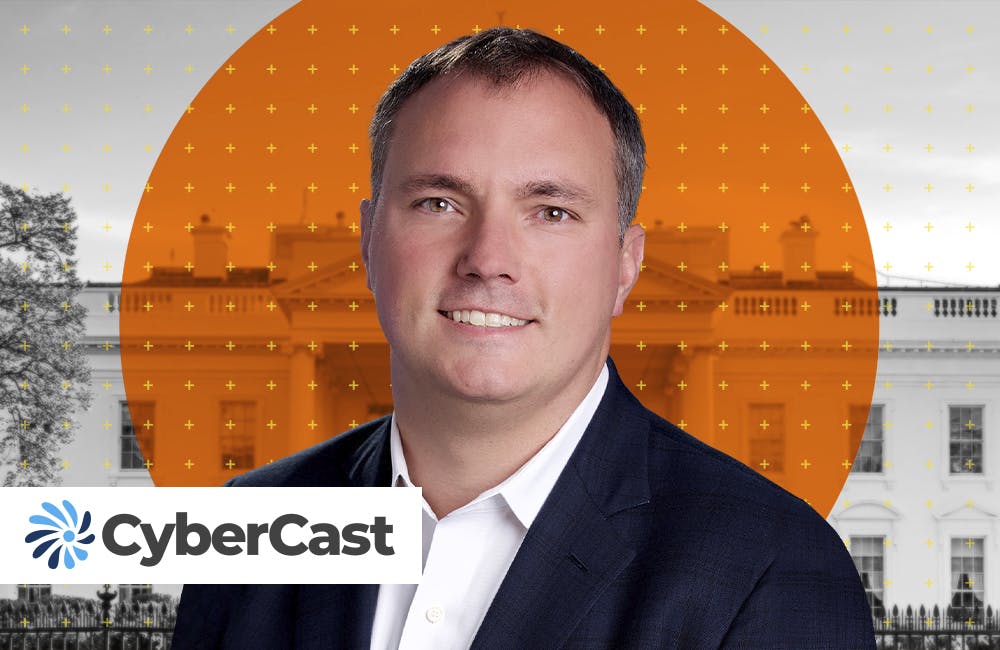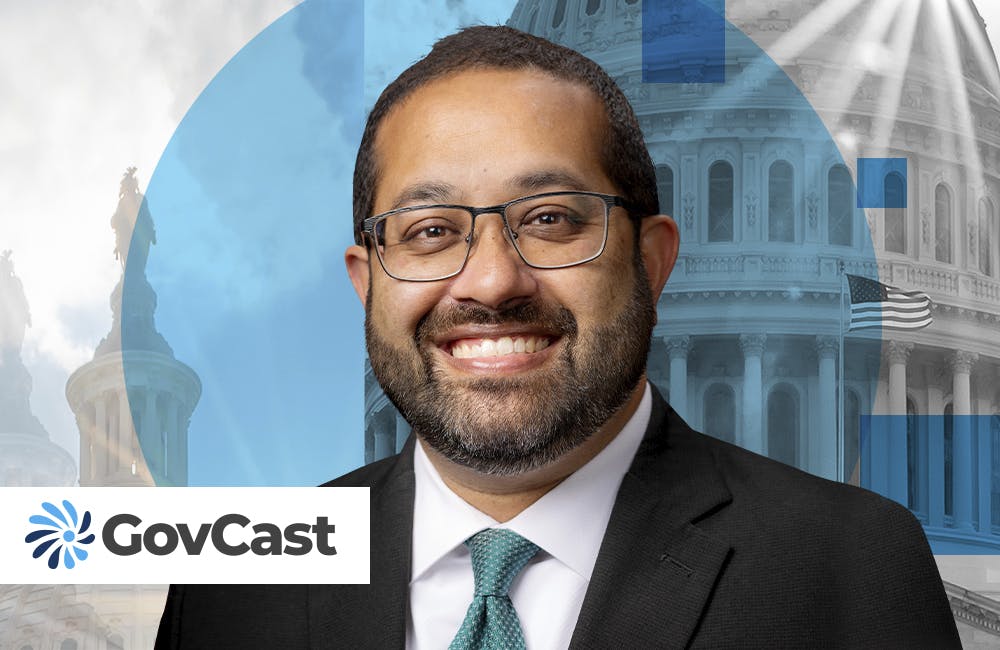VA Launches Initiatives Addressing Mental Health, Veteran Homelessness
The agency is expanding community care and services for veterans in crisis.

As part of the Department of Veterans Affairs’ renewed focus on caring for America’s most vulnerable retired service members, the agency has announced two programs dedicated to expanding access to emergency mental health services and ending veteran homelessness.
Combining the agency’s ongoing development of its telehealth capacities and campaign to end veteran suicide, the VA has begun a partnership with OnStar to provide direct access to confidential support and emergency services through the veteran’s smartphone. The initiative aims to allocate comprehensive and direct aid to veterans who have reached a crisis point, using a singular portal for ease and speed of use.
The OnStar partnership has been accompanied by VA’s dedication to connecting community providers with VA specialists familiar with military culture. One common precipitator of veteran suicide is the sense of personal isolation veterans often face when overcoming service-related trauma, especially when compounded by the difficulties of finding caregivers familiar with how to treat and manage combat-related PTSD. Ensuring local providers understand how to manage these challenges will likely improve veteran outcomes.
“This partnership will help Veterans access suicide prevention support services and assistance directly and immediately. More than 400 VA suicide prevention coordinators and their teams, located at every VA medical center, connect veterans with care and educate the community about suicide prevention programs and resources daily,” said VA Secretary Robert Wilkie.
As a component measure within the VA’s bolstering of community care, the agency has also pledged 425 individual grants totaling $279 million in aid to local partners that provide transitional housing and support service for homeless veterans. These will be distributed under the agency’s Grant Per Diem (GPD) program, with special provisions for homeless veterans managing chronic mental illness.
The ultimate goal of the program is the wholesale resolution of veteran homelessness, with various grants for providing care, temporary housing and skills training with the intent of helping veterans achieve permanent residence.
“No veteran should ever have to worry whether they will have stable housing, and these grants put us one step closer to ensuring all veterans are living in a safe and supportive environment,” said Secretary Wilkie.
Entering its 26th year, the VA’s GPD program has been particularly effective in assuaging veteran homelessness — reducing the number of American veterans without permanent residence by 50% over the past decade. The newfound allocation of funding and community resources will likely augment the GPD’s prior successes in helping itinerant veterans find residential stability.
This is a carousel with manually rotating slides. Use Next and Previous buttons to navigate or jump to a slide with the slide dots
-

DOD Has a New Cyber Resiliency Assessment Program
Defense officials tout the continuous assessment feature and scalability of the new program amid increased cyber threats.
5m read -

Transitioning Systems for Modern Agency Missions
IT modernization is a constant process necessary for improving customer service, mission delivery and collaboration.
40m watch -

Cyber Resilience and Recovery Amid Evolving Cyber Threats
Data durability is a key aspect of NIST’s cybersecurity framework for public and private organizations.
21m listen -

How Tech Enables Environmental Justice at EPA
The agency wants to eliminate bias and establish new tech standards to reduce greenhouse gas emissions.
39m listen








